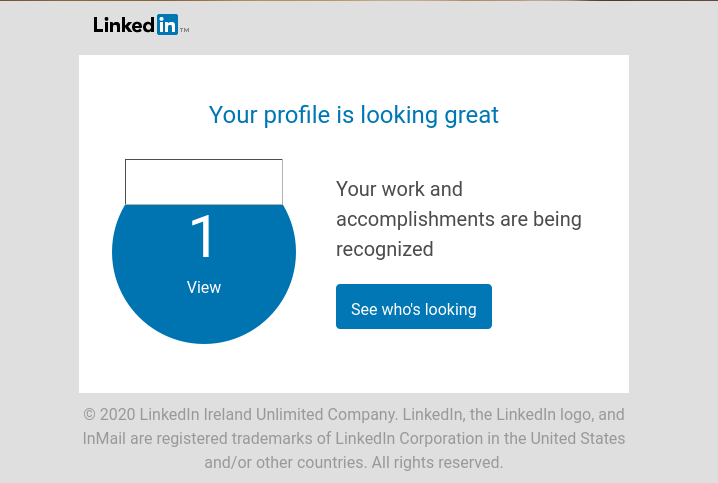Was spam invented to kill electronic communications?
This thought has occurred to me more than once and seems that there is some logic to this thinking, namely whether the main purpose of spam((I use this term to denote unsolicited electronic communication of all forms, not just e-mail spam, which is the most ubiquitous form)) is to kill electronic communication.
Take e-mail – one of the oldest forms of electronic communications still around. On my google mail ID, for instance, I have been getting a mountain of “detected” hard spam which get directly sent to the spam folder, but apart from that, I also get “soft” promotional spam from sources that have a legitimate reason to know my identity((the most common instances being, websites where I’ve signed up voluntarily, like e-commerce sites or my bank)) that I am forced to manually delete from the inbox every time because I also get genuine notifications from such sources. This has led to a situation where I judge that out of 100 e-mails I get, I hardly get around 2 or 3 from genuine human beings sending me an e-mail. If you don’t check your mailbox almost every day, you could be left with more than hundreds of unread e-mails, most of which are promotional mails and/or notifications from websites/providers. These days, e-mail is mostly dead as a human-to-human communication medium, except in a corporate context, where at least basic levels of anti-spam is implemented and security policies are periodically reviewed and updated.
Social media, another tool which began as a human-to-human connection and communication platform, has again been taken over by corporate advertising and promotional content, with a huge spam problem to boot. Instant messengers, including their modern avatars like WhatsApp have been taken over by business spammers who keep sending you unsolicited messages. The use of pre-recorded marketing calls for spamming seems to have increased tenfold, despite attempts by the regulatory authorities and governments to ban them, showing that the technology to prevent spamming at a mass level is still catching up. The pre-recorded voice calls are the worst, taking up your valuable attention and forcing you to attend or cut the call, and each such momentary distraction adding up to unproductive time. And of course, SMS spam continues unabated, with spammers increasingly adopting techniques that prevent the recipient from directly blocking the source. With the development of AI technology, I fear this problem of non-genuine electronic communication will only increase and make fighting spam tougher. On this very blog, I have to keep clearing the detected spam comments by the dozens almost every day, while comments from legitimate readers have almost disappeared completely. While I personally keep periodically reviewing my anti-spam measures, I doubt that most people bother beyond a point.
While I searched about this topic online, I found an article on ZDNet from twenty two years ago, highlighting how spam could destroy the internet. Back then, e-mail spam was the major source of the problem. Well, the internet is not destroyed, but it seems that we are still waging a tough battle against spammers who have now infiltrated every single form of electronic communication possible.
Ultimately I almost have to wonder whether spam was invented by folks motivated to destroy electronic communication. Why else would they bother? With so much spam clogging up the electronic bandwidth, increasing noise-to-signal ratio to unacceptable levels, and frustrating recipients everywhere, I fail to see how pure commercial interests lie behind this phenomenon. In fact, when I sometimes read some of the more nonsensical spam I receive I almost think that the main purpose of spam is to to kill electronic communication completely by flooding us with shit.
